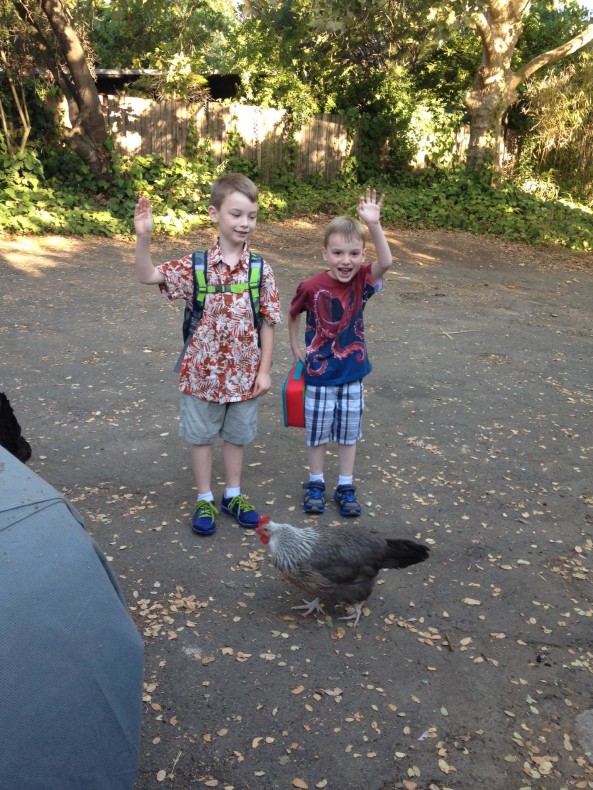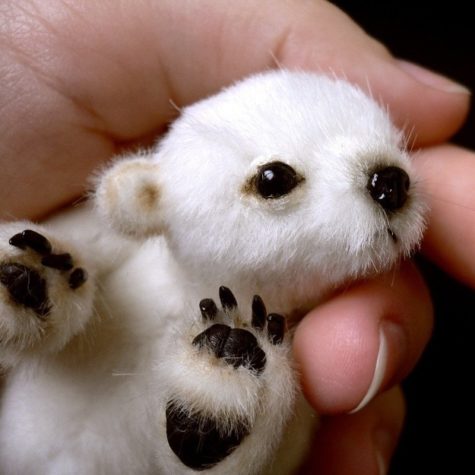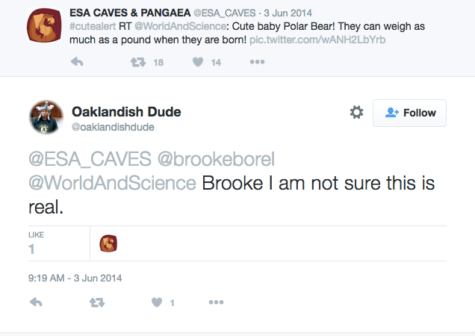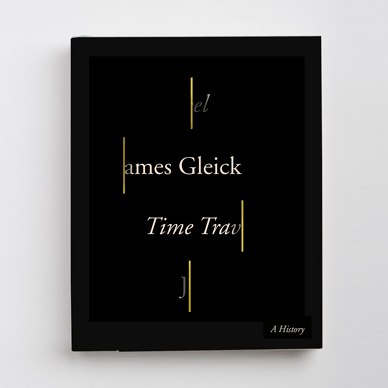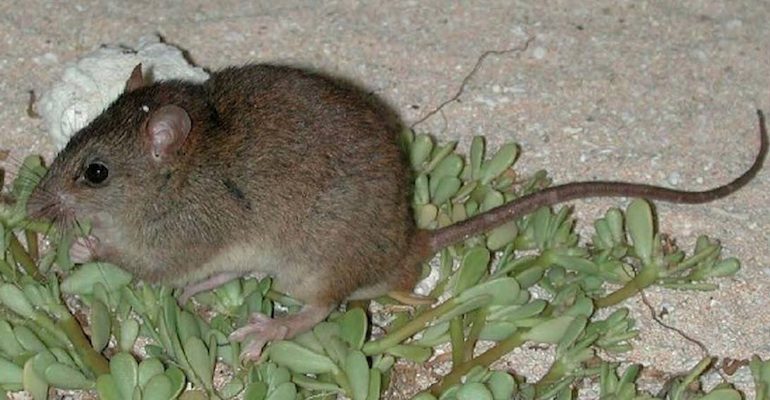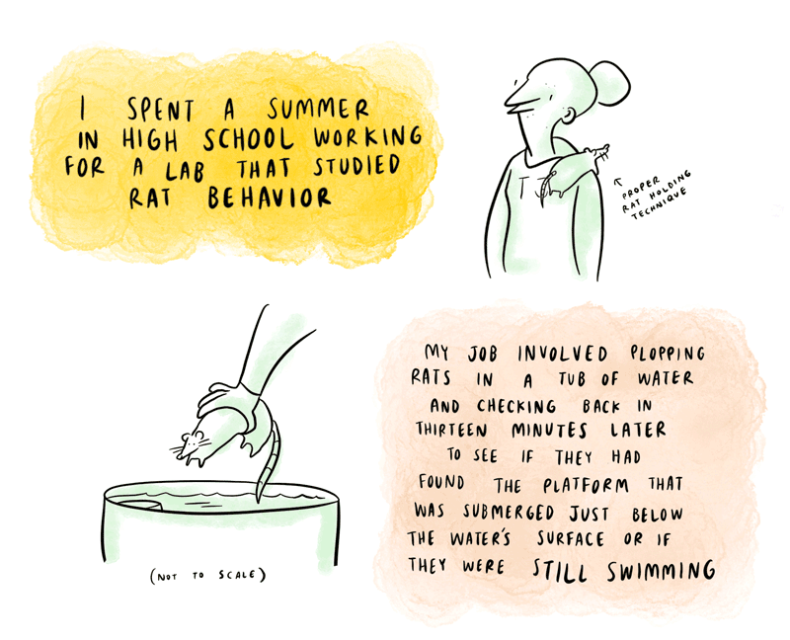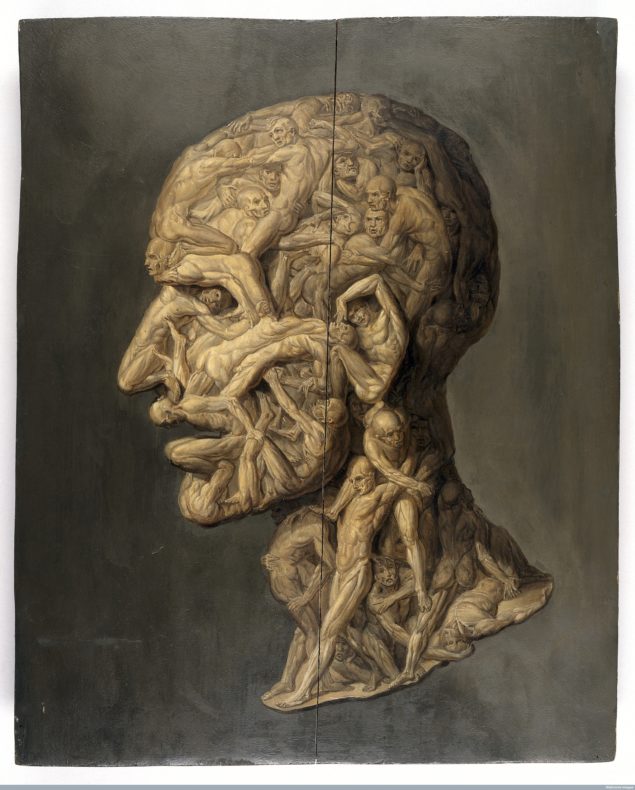
This recent revelation about Donald Trump and crotch-grabbing has triggered an outpouring of stories and memories. I posted something on the matter on Facebook and people’s deeply sunken tales came out comment after comment. The same has happened on a national scale. People are stepping forward with their stories. A friend of mine, a touring musician, wrote a song, picked up her guitar and put it out there in a video. Down inside our tangled nests of personal denial, self-blame, and fragmented recollections, a sharp twang has struck from many pasts. This is no imagined twang, it has a physical and lifelong component.
In moments of fear or terror, combat or sexual assault, the prefrontal cortex is overridden by stress chemicals. You don’t need your prefrontal cortex to get out alive. In essence, you switch to the reptile brain, which means nuances like hair color, clothing, shoes, or exactly what was said are harder to access. Fine details may be burned into the brain, but many others are cross-wired and even backwards or misremembered. The hormones released during an assault make it hard for the amygdala and hippocampus to work together, meaning information can be encoded incorrectly.
I recall being grabbed myself at an early age by a man in a bookstore. He rubbed against me uncomfortably and I moved away, then he moved in. I had a big book in my hands, I don’t remember the title. I have ever since thought of whamming it into his face, where I know he would have wept and cursed and run away. I see blood, a look of shock. But I didn’t do it. I stood in complete surprise and confusion. In fact, it feels as if part of me is still standing there, frozen in disbelief, a statue of a boy with a book in his hand that does not weather, does not erode, a ghost I left somewhere long ago.
Continue reading →
